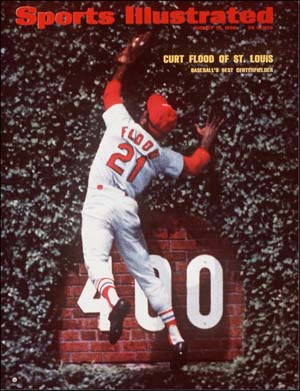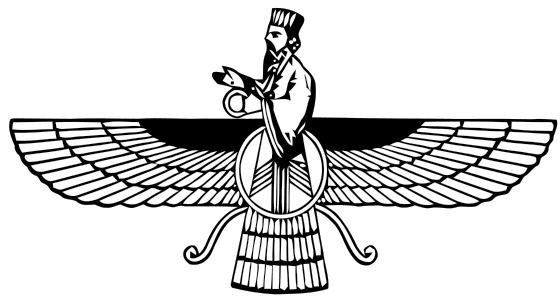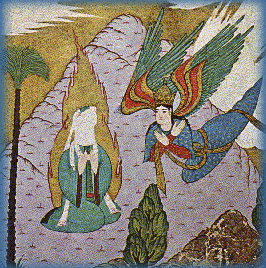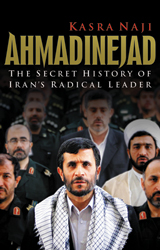I was ready. I was set. Obama was my man. He’s for pluralistic politics, and so am I. He’s an apostate, and so am I. He’s for change, and so am I.
Now that I’ve finally met the real Barack Obama, I’m thinking I’ll take the other guy; you know, the two-faced war monger down in AARPizona who’s decomposing before our eyes.
Now we see that when Obama finds himself in the lead, he won’t debate. Admittedly, we saw this in the primaries as well. Maybe it’s not so much about being in the lead. Maybe he just doesn’t like to debate.
As if that weren’t enough, we now find that once he finds like he has more money than the other guy he foregos public financing. As if THAT’S not enough, he proceeds, taking a page from Slick Willie’s play book, to redefine private donations to be “public”, suddenly determining that the public financing system is broken!
Forget Slick Willie. Calling Bill “slick” was premature. Obama is so slick he’s slimy.
Listen to what Dan Carlin has to say: The New Old Politics
Further reading:
David S. Broder, Washington Post: Getting to know Obama
David Brooks, New York Times: The Two Obamas (subscription required)




